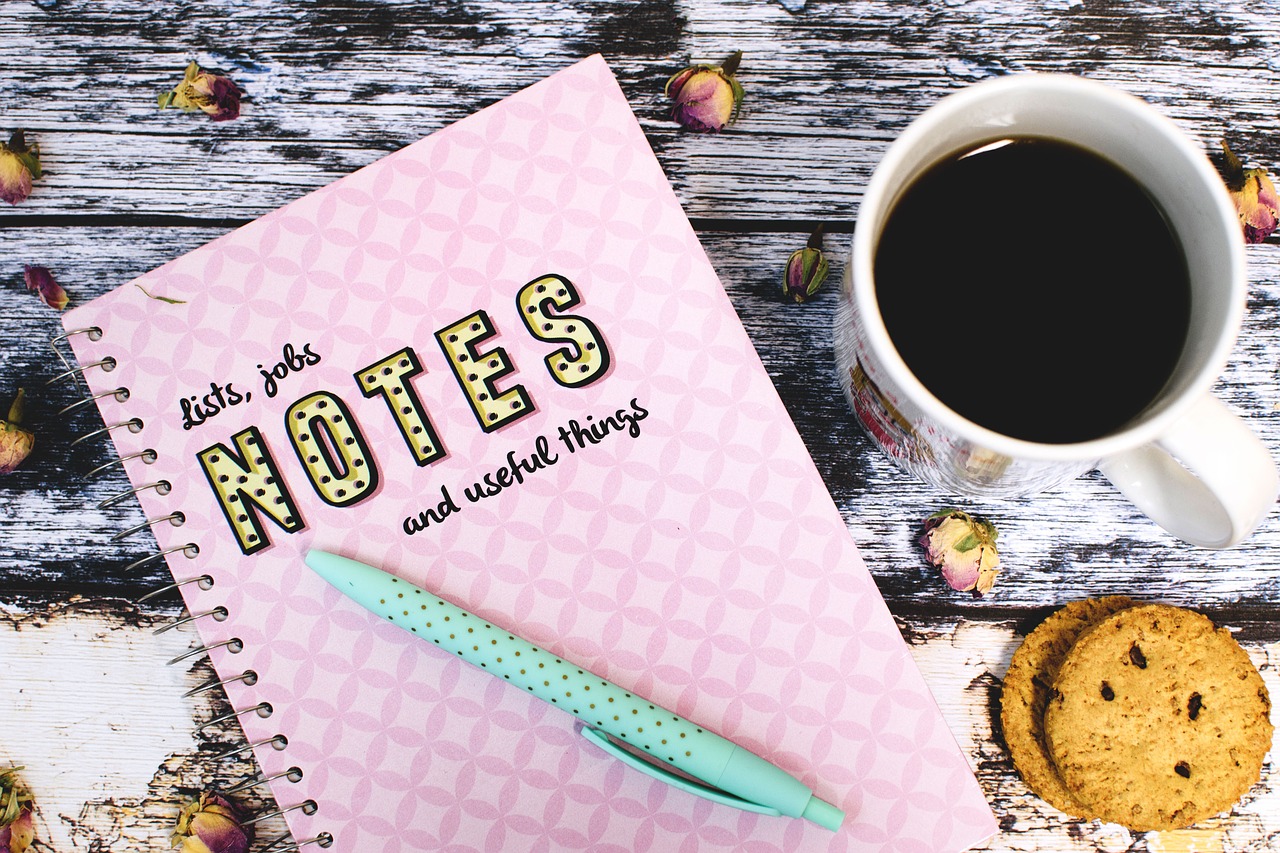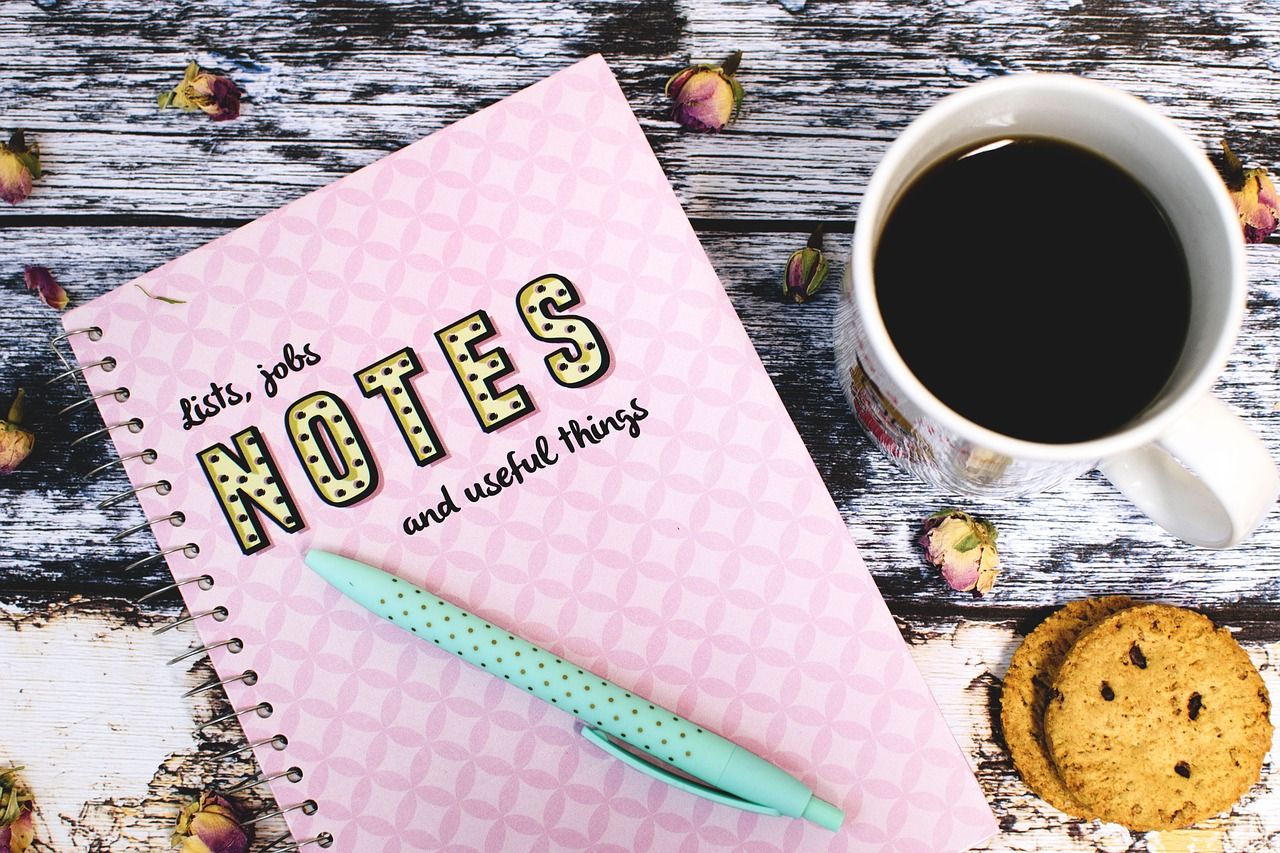
Behavioural change is a hot topic. You’ll find a lot about it on the internet, and not all of it based in fact.
It’s great to think that if you do something consistently for 21 days it becomes a habit. How many of you have gone through this exercise, only to find yourself falling back into old habits on day 42?
Studies have shown that behaviours are driven significantly by subconscious habits. Habits developed over a lifetime sometimes, and while you might like to believe you are in control, I’m sorry to burst your bubble. Most times, you’re not. It’s hard to change your old ways of doing things, no matter your good intentions.
In their book Inside Change: Transforming your Organisation with Emotional Intelligence Josh Freedman & Massimiliano Ghini state “our brains love patterns. They create efficiency. Changing patterns requires stepping back from the day-to-day. We can learn new habits that are positive and productive, or negative and destructive. The brain is accommodating.”
While repetition is important, repetition alone does not lead to lasting change, else all new habits would be easier to achieve.
How can you develop habits that improve the way you work, your performance/health/mindset/lives? There are several approaches suggested in research grounded in neuroscience and behavioural analysis.
Listed below are seven practices you can start to implement to help you develop habits that stick.
- Connect to the big picture.
Emotions drive people. People drive performance. Therefore, emotions drive performance. Attaching the habits you want to change/develop to a strong emotion which feeds into the big picture – your Big Agenda- should result in lasting change.
Leo Babauta in his book Zen Habits: Mastering the Art of Change speaks about making a commitment that is based on serving others. For instance, losing weight to spend more time playing actively with your children. By doing this, you connect your goal to something external to yourself but also to a larger agenda.
- Keep it Short.
If it takes a long time to do, chances are you will talk yourself out of practising your new habit at every turn. So, aim to complete steps quickly. You can do this by breaking your habit down into smaller micro-habits. The idea is that over time, a micro-habit will build on top of itself and increase in significance. Read this great article for ideas on how you can incorporate micro-habits into your life.
- Identify your Triggers.
Understanding your triggers can help form lasting habits. Being very specific about what that trigger is, is especially important. For example, “meetings are tedious” is a less effective trigger than “meetings on Monday are tedious”. This identifies that meetings aren’t really the problem, but that for you, meetings on a Monday are. Better still is “Monday morning meetings with accounts are tedious because it sucks the creative juices out of the building!”. You see where I’m going with this right? Get The Power of Habit by Charles Duhigg to learn more about this.
- Practise
This is the usual way we go about developing a new habit. So, go for it. Practise your new habits through repetition. Chunking is great here – where you break down the habit into small steps.
- Have a plan for when things go wrong.
The likelihood is that your plans for world domination (read new habit mastery) will not be totally successful all the time. So be prepared with a plan to pick yourself up and get back on the horse. Don’t leave this to chance. Build a system that gets you back on track and practising your micro-habits.
- Trust
“Trust is the hope behind change.” say Freedman and Ghini. Trust that you can change your habits, and in so doing, you collaborate with your intentions to create change that is permanent.
- Celebrate
Saved the best for last. Celebrate your successful steps towards change! It doesn’t have to be a huge deal, a little ‘yay’ under your breath may even be enough. The brain will interpret this as a positive action and will be more receptive to the habit.
If you need help developing new habits to power performance, in the workplace or in your life, get in touch with us.
by Uzo Ijewere, Augment Results.

It has never been more important for organisations to be seen to be human. At Augment Results, we power performance in companies, teams, and individuals by helping you adopt better management strategies, improve leadership skills, and achieve overall better results through more engaged, empowered and productive people. We offer seminars, workshops, consulting, and one on one coaching.
Read more articles like this one at www.augmentresults.com/blog/








